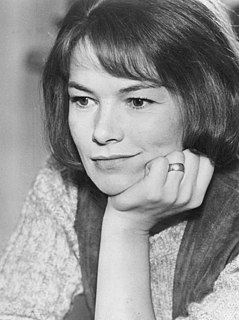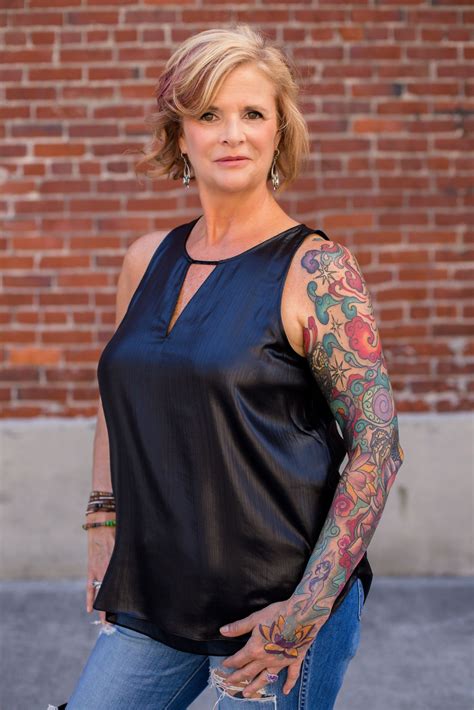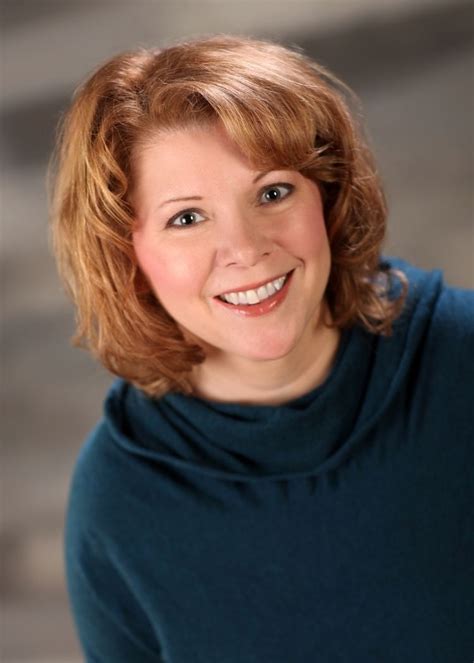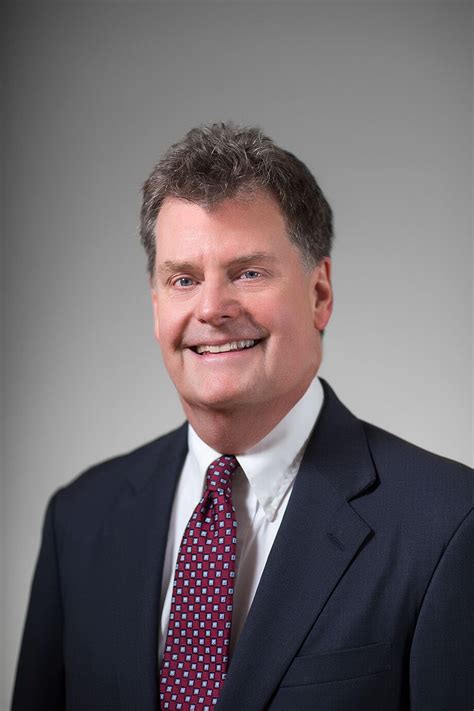A Quote by Glenda Jackson
What interested me, was that as we age, those seemingly unbreakable barriers that define us, our gender, they begin to crack, to blur; they're not absolutes anymore.
Related Quotes
The question of what we are can only be answered by ourselves. We each decide what we are by the life choices we make. How we were made, who are parents are, where we are from, the color of our skin, who we choose to love, all those things do not define us. Our actions define us, and will keep defining us until even after death.
In our quest to define and describe the world, we have crisscrossed the oceans and continents, compiling exhaustive knowledge about its life forms and features, and extended our physical reach through technology, which provides us instantaneous and pervasive access to information about seemingly everything.
The seemingly insuperable difficulties of deep-space travel suggest an intention to keep us fixed at home in our own solar system, and the physical nature of our part of the Universe, as well as the basic rules of physics and chemistry, have a warning look about them, like barriers designed to isolate intelligent life. This means that for us, unlike the situation for humble microorganisms, deep-space travel is probably a stark impossibility.
we are continually overflowing toward those who preceded us, toward our origin, and toward those who seemingly come after us. ... It is our task to imprint this temporary, perishable earth into ourselves so deeply, so painfully and passionately, that its essence can rise again “invisibly,” inside us. We are the bees of the invisible. We wildly collect the honey of the visible, to store it in the great golden hive of the invisible.
The basics teachings of Buddha are about understanding what we are, who we are, why we are. When we begin to realize what we are, who we are, why we are, then we begin to realize what we are not, who we are not, why we are not. We begin to realize that we don't have basic, substantial, solid, fundamental ground that we can exert anymore. We begin to realize that our ideas of security and our concept of freedom have been purely phantom experiences.
We all have to acknowledge the life and the path we were born into. And the things that define us, they're often somewhat narrow: our class, our race, our gender, where we grew up, what geography we were exposed to. The curiosity and wonderment of, "What it's like on your path?" - that's when you go into high alert.
Rather than going after our walls and barriers with a sledgehammer, we pay attention to them. With gentleness and honesty, we move closer to those walls. We touch them and smell them and get to know them well. We begin a process of acknowledging our aversions and our cravings. We become familiar with the strategies and beliefs we use to build the walls: What are the stories I tell myself? What repels me and what attracts me? We start to get curious about what’s going on.
There are conversations going on about the Church constantly. Those conversations will continue whether or not we choose to participate in them. But we cannot stand on the sidelines while others, including our critics, attempt to define what our Church teaches... We are living in a world saturated with all kinds of voices. Perhaps now, more than ever, we have a major responsibility as Latter-day Saints to define ourselves, instead of letting others define us.




































